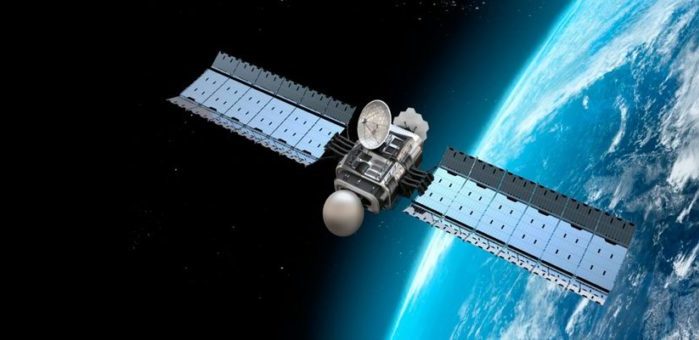Navigation relies heavily to the Global Positioning System (GPS). This is because it is easy to use, accurate and reliable. However, GPS signals can be compromised by both natural and human sources. If that happens it can lead to inaccurate data or complete loss of GPS signal, North P&I Club informs.
Namely, John Southam provides some of the most common problems regarding GPS signals and calls seafarers to use navigational best practices, in order to make sure that if any GPS problem occurs, it will not cause any difficulties.
[smlsubform prepend=”GET THE SAFETY4SEA IN YOUR INBOX!” showname=false emailtxt=”” emailholder=”Enter your email address” showsubmit=true submittxt=”Submit” jsthanks=false thankyou=”Thank you for subscribing to our mailing list”]
So, the most common GPS problems are the following:
- Wrong installation: An incorrectly installed GPS can lead to inaccurate data. Careful checks during the installation are vital to ensure the right operation of the system.
- User error: Human errors can happen, such as the GPS being left in dead reckoning (DR) mode.
- Atmospherics: Satellite signals can be affected by irregular activity in the earth’s atmosphere.
- Local issues: In some locations, the availability and quality of GPS signals can cause issues. Errors can also be expected when satellite signals hit structures or mountains.
- Deliberate acts: Jamming, spoofing and hacking can affect the GPS signal.
However, in case of a GPS problem, it is very important for the operator to know how to use traditional methods of fixing a vessel’s position. These can include:
- Plot the position: Take ranges and bearings from land marks or navigational features.
- Increase frequency: Plot positions at intervals so that the vessel won’t run into any risk.
- Parallel indexing
- Echo sounder: This can confirm that the ship’s plotted position.
- Beam bearings: Beam bearings can visually confirm when to change course.
- Change of course: The vessel’s position should be plotted right before and right after the course change, in order to confirm that the ship is in the correct position.
Finally, many items in the vessel can be affected if the GPS has a problem, such as the GMDSS equipment. In order to avoid that, Mr. Southam recommends operators to set the ECDIS to dead reckoning (DR) mode and make sure radars are sea stabilised.


































































what will happen to the industries using GPS if the little aberration caused by the relativity is left unfixed?